Moving yourself vs. hiring movers is about more than just price. Finding the right balance between money, time, and physical abilities will shape your moving experience and final costs. Each alternative has different fees, risks, and time requirements affecting your move.
This guide compares the real costs, hidden fees, and practical details of each moving method to help you decide. Learn when DIY moving actually saves money, when professional movers are worth paying for, and how the hybrid approach (renting a truck and hiring hourly movers) can often give you the best value for local moves.
Moving Options Compared: DIY vs Professional vs Hybrid Approaches
When planning your move, it's important to understand how much movers cost, what it costs to move on your own, and what savings a mixed approach could generate. Each option offers different advantages and challenges:
DIY Moving
This type of moving is cheaper in theory, but requires careful planning of all aspects, including:
- Finding reliable helpers who can commit to your entire moving day.
- Getting proper equipment like dollies, furniture pads, and straps.
- Managing truck rentals and return deadlines.
- Driving large, unfamiliar vehicles.
Full-Service Professional Movers
These companies bring everything needed for a move, including the truck, proper equipment, and trained workers. Their experience helps protect your belongings through complete handling of loading, transportation, and unloading, as well as professional packing services (available as add-ons). This convenience costs more, typically $80-120 per hour for local moves, with most companies requiring minimum booking times of 2-3 hours.
The Hybrid Approach with Labor-Only Movers
This third option offers a good middle ground for budget-conscious movers who want some professional help. This balanced option provides professional help for the most physically demanding and risky parts of moving while letting you manage transportation and timing. With this method, you:
- Rent and drive the moving truck yourself, keeping control over transportation
- Hire professional movers by the hour just for loading and unloading.
- Get movers' equipment and expertise for the hard physical tasks.
- Typically, pay around $135 per hour for two experienced helpers.
- Avoid the higher costs of full-service moving companies.
How Much Does Each Option Cost for a Local Move?
Knowing the real costs of each moving option helps you make a good decision that fits your budget and needs. We'll break down the costs of DIY moves, professional services, and hidden expenses that often surprise first-time movers.
DIY Moving Expenses
The basic cost of a DIY move starts with renting the right truck, which typically costs between $19.95 and $ 39.95 per day. Additional expenses quickly add up, significantly affecting your total moving budget. I've included some examples of costs you'll need to include while budgeting for your move.
- Truck rental: $19.95-39.95 per day (base rate).
- Mileage charges: $0.59-0.99 per mile.
- Insurance: $14-28 per day.
- Fuel: 8-12 miles per gallon.
- Dollies: $10-15 (rental).
- Furniture pads: $10-20 (rental).
- Hand trucks: $7-12 (rental).
- Supplies (boxes, tape, bubble wrap): $50-150.
Full-Service Move Costs
Professional local movers charge $80-120 per hour for a two-person crew, with rates varying by region and season. Most companies require a minimum of 2-3 hours, meaning that even a small move costs at least $160-360 before additional fees. Three-person crews for larger homes cost $120-180 per hour, with 4-hour minimums being common. Many companies also charge for drive time from their facility to your home and back.
Additional fees:
- Stairs/elevators: $50-75 per flight.
- Long carries: $40-60 for long distances from truck to door.
- Peak season (May-September) and weekend charges: 20-30% higher.
Hidden Costs of Moving
Hidden moving costs can add 20-50% to your base budget regardless of your chosen method. These often-overlooked expenses can significantly impact your total moving cost. Professional movers expect tips of $20-40 per mover for good service, adding $40-120 to your final bill. Last-minute bookings often cost more, and special item handling for pianos, safes, or artwork costs significantly more.
- DIY-specific costs:
- Food for helpers: $50-100 for pizza and drinks.
- Lost income from taking time off work.
- All types of moves may require:
- Parking permits in cities: $50-300.
- Potential parking tickets: Hundreds of dollars.
Example Moving Cost Scenarios
The examples below assume standard access conditions without stairs and typical household items requiring no special handling.
1-Bedroom Apartment (10 miles)
DIY Moving: $150-250 (truck, mileage, gas, insurance, equipment).
Full-Service Movers: $320-480 (2 movers, 3-4 hours at minimum).
Hybrid Approach: $270-370 (combining $100 truck rental with 2 hours of labor-only help).
3-Bedroom House (10 miles)
DIY Moving: $300-500 (larger truck, possibly multiple trips, more equipment).
Full-Service Movers: $640-1,200 (3 movers, 5-8 hours).
Hybrid Approach: $470-670 (includes 4 hours of professional loading/unloading).
How Do Distance and Home Size Change the Decision?
Distance and home size greatly affect calculations when choosing between DIY and professional moving options. These factors affect costs and impact your move's complexity, time requirements, and physical demands. Take a look at the scenarios below to get a better idea of which conditions favor DIY moving and when it might be trying to accomplish too much.
Studios and 1-Bedroom Homes
Best for DIY: Small apartments with minimal furniture that fit in a single truckload. Young professionals can typically complete these moves in 3-5 hours with 1-2 friends helping.
When to consider professionals: If you have heavy furniture (sleeper sofas, solid wood pieces), live on upper floors without elevators, or have mobility concerns. The hybrid approach works well here. Spending $135 for two hours of professional loading protects your back while keeping costs reasonable.
2-3 Bedroom Homes
DIY challenges: These homes require larger trucks and 6-10 hours of physical labor, often testing helper availability and stamina. Without proper truck sizing, multiple trips double both time and mileage costs.
Professional advantage: Experienced crews complete these moves in 4-8 hours, maximizing truck space efficiency. The time savings often justify the cost for families juggling work and childcare. Labor-only movers cut full-service costs by 40-50% while handling the most physically demanding tasks.
4+ Bedroom Homes or Special Items
Professional necessity: Large homes typically overwhelm DIY attempts, requiring 26-foot trucks that many find hard to drive. Special items (pianos, safes, exercise equipment, antiques) need proper handling techniques and specialized equipment.
Cost considerations: While expensive at $1,200-2,000+, professional movers bring 3-4 person crews with appropriate equipment, preventing potential injury and property damage. The hybrid approach offers less dramatic savings for these complex moves, typically requiring 6-8 hours of professional labor.
How Many Movers and Hours Do You Need?
Knowing how much moving help you need is important for time efficiency and budget management. This section breaks down typical crew sizes and timeframes to help you better understand logistics and scheduling.
Two Movers vs. Three Movers
Two movers work efficiently for most apartments and smaller homes. They handle standard furniture while maintaining a steady workflow, making them ideal for 1-2 bedroom moves with normal access. This setup allows for careful handling while keeping hourly costs manageable at $80-120 per hour.
Three movers become necessary when dealing with multiple heavy items or challenging access points. The additional person creates a continuous loading system, reducing overall time by 30-40% for larger moves. Though hourly rates increase to $120-180, the time savings often offset the higher cost, especially with company minimums.
Typical Timelines by Home Size
Professional movers complete jobs significantly faster than DIY efforts. Industry standards provide reliable guidelines based on home size, though actual times vary depending on preparation level and layout:
- A 1-bedroom apartment typically requires 2-4 hours with two movers, assuming everything is packed and ready.
- A 2-bedroom home needs 4-6 hours with professional assistance.
- A 3-bedroom house averages 6-8 hours of professional moving time.
These estimates assume optimal conditions: ground-floor or elevator access, normal walking distance to the truck, and typical furniture. DIY moves typically take 25-30% longer,DIY moves typically take 25-30% longer as inexperienced helpers work more slowly and need more breaks. Proper planning remains important for controlling both time and costs.
Stairs, Elevators, and Long-Carry Moving Adjustments
Each flight of stairs adds 30-60 minutes to your move, depending on volume and mover experience. Full-service movers charge $50-75 extra per flight, while DIY moves become much harder and more tiring. Elevator reservations seem helpful, but add waiting time and coordination challenges, especially in busy buildings.
Long carries from the truck to your door largely impact both time and cost. Distances over 75 feet trigger extra charges with full-service movers and quickly tire out DIY helpers. Urban moves with limited parking can require carries of 200+ feet, adding hours to the process and increasing the risk of damage from fatigue.
What Are the Risks, Safety Issues, and Insurance Differences?
Moving involves risks to your personal safety, belongings, and property that many overlook when comparing options. Understanding these potential problems and insurance differences helps you make a better decision about whether the savings of DIY moving truly justify the increased risks.
Injury and Lifting Risk
Back injuries are the most common risk when moving yourself. Improper lifting can cause immediate and long-term damage. Emergency room visits for moving-related injuries typically cost $1,500-5,000, eliminating any DIY savings.
Professional movers train in proper lifting techniques and work in coordinated teams. Good companies carry workers' compensation insurance that protects you from liability.
Damage and Valuation Coverage
With DIY moves, you're personally responsible for all damage to belongings, rental trucks, and property. Rental truck insurance typically excludes cargo, and homeowner's insurance may not cover self-moves.
Professional movers include basic valuation coverage ($0.60 per pound) and offer complete replacement value protection for an additional fee. Always verify coverage details for high-value items.
Protection considerations:
- Basic valuation vs. full replacement value.
- Coverage gaps in DIY insurance.
- Third-party insurance options.
Weather and Floor/Wall Protection
Weather adds complexity to any move, but DIY efforts suffer most from rain, snow, or extreme temperatures. Professional movers bring protective equipment as standard. Without proper protection, DIY moves often result in property damage. Security deposits can quickly disappear when apartments sustain moving damage.
What Equipment and Access Logistics Will You Need?
Equipment and logistics planning play important roles in determining both the difficulty and cost of your move. The right tools and proper access management can make even challenging moves much easier, while overlooking these factors often leads to unexpected problems and expenses.
Truck sizing is critical for efficient moving:
- 10-foot truck: Handles most studio and small one-bedroom moves
- 15-foot truck: Works for larger one-bedrooms and small two-bedrooms
- 20-26 foot trucks: Required for three-bedroom homes (many drivers find these challenging in residential areas)
Essential equipment extends beyond the truck to include:
- Appliance dollies ($15-20 rental)
- Furniture pads (12-pack for $40-60)
- Ratchet straps ($25-40 set)
- Hand trucks, furniture sliders, and tool kits for disassembly
Labor-only movers bring professional-grade versions of all equipment, eliminating rental hassles and ensuring you have the right tools for every situation.
Access logistics often surprise first-time movers with complexity and cost:
- Parking permits from city halls: $50-300 depending on location and duration
- Elevator reservations: Require advance coordination with building management
- Loading zones in urban areas: Fill quickly, forcing longer carries
Where a Hybrid Approach Wins: Rent Your Truck and Hire Hourly Movers
The hybrid approach mixes DIY savings with professional help. It works well for people who want to save money but don't want to do all the heavy lifting themselves.
How the Hybrid Model Works
With this approach, you handle the truck rental while professionals do the heavy lifting. You rent and pay for the truck directly, choosing the size and time that fits your needs. Professional movers arrive at scheduled times to load and unload your truck. You only pay for the actual loading and unloading time.
You control the schedule, driving route, and any stops along the way. This flexibility is helpful when:
- Moving items into storage facilities.
- Making multiple stops during your move.
- Needing to adjust timing between loading and unloading.
When It Saves Most
The hybrid model works best for medium-sized moves where full-service is too expensive but DIY seems too hard. For 2-3 bedroom homes, you'll save a lot of money.
Cost comparison shows the difference clearly:
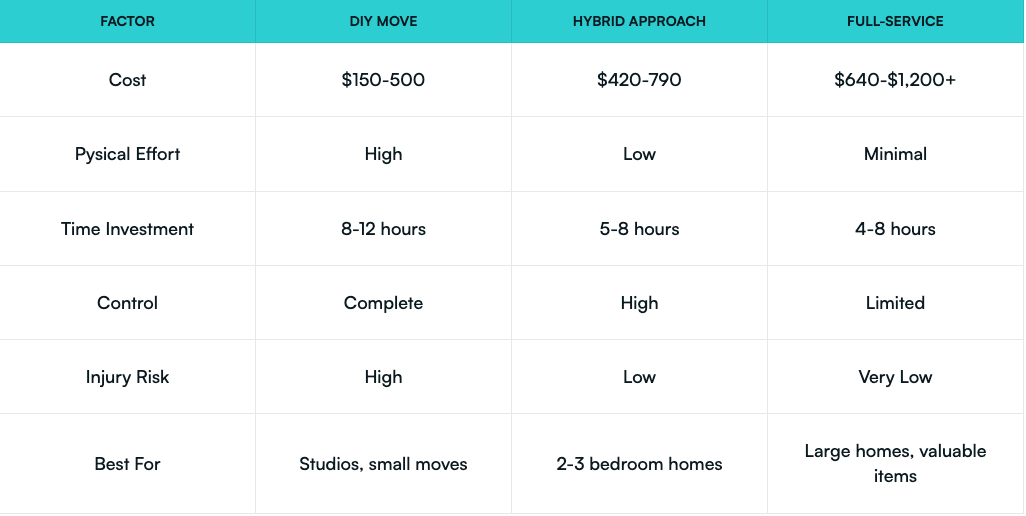
What It Costs with Local Labor-Only Movers
Labor-only movers charge simple rates, typically $100-150 per hour for two helpers. There are no hidden fees or complicated pricing to figure out.
For a typical 2-bedroom apartment move:
- Loading time: About 2 hours.
- Unloading time: About 1.5 hours.
- Total labor cost: $350-525.
- Combined with truck rental: Under $600 for most local moves.
Good labor-only services offer the same guarantees as full-service companies: insurance coverage, proper equipment, and background-checked employees. The main difference is that you save on truck costs while having more control over your moving process and budget.
How can I Find Good Movers Near Me?
Finding reliable movers requires research and verification. Start by asking friends and family for recommendations, then check online reviews on multiple platforms like Google, Yelp, and the Better Business Bureau. Look for movers with consistent positive feedback, proper licensing, and insurance coverage. Request written estimates from at least three companies, and be wary of quotes that seem unusually low; they may indicate hidden fees or poor service quality.
Ask about their experience with moves similar to yours, verify they conduct background checks on employees, and confirm their insurance policy covers your belongings during the move. Moving Muscle offers affordable local moving services for local moves in Charlotte, Raleigh, and Nashville. You rent the truck or container and receive transparent pricing, with no hidden fees and flexible scheduling.
Choosing the Right Moving Option for You
Choosing the right moving option means balancing your budget, physical abilities, and time constraints. DIY moves save the most money for small apartments when you have friends to help. Full-service movers work best for larger homes or valuable items. The hybrid approach is a good middle ground for most people.
By renting a truck yourself but hiring professional movers for the heavy lifting, you can save 40-50% compared to full-service options while avoiding the physical strain and injury risks of DIY moving.
If you're planning a move soon, especially for a 2-3 bedroom home, look into labor-only moving services. They provide the equipment and trained workers to handle your belongings safely while letting you control your moving schedule and budget.
FAQs
Is it better to hire movers or do it yourself?
The best choice depends on your situation. DIY saves money for small moves with available helpers. For larger homes, tight schedules, or physical limitations, professional movers are worth it. The hybrid approach often gives the best balance, offering professional help for heavy lifting while maintaining control and saving 40-50% versus full-service options.
Is it cheaper to move myself?
Moving yourself usually costs less in direct expenses, especially for small local moves under 10 miles. However, hidden costs like equipment rental, fuel, insurance, time off work, and possible injury or damage can eat up those savings. Get quotes for all three options (DIY, full-service, and hybrid) to compare your specific move well.
What are the hidden costs of 2-hour movers?
Two-hour minimum bookings often don't include travel time, which adds 30-60 minutes of charges. Stairs, long carries, and elevator usage add extra fees of $40-75. Rush booking fees, credit card charges, and expected tips of $20-40 per mover increase final costs. Always ask for complete written estimates, read the details, and ask questions before hiring any service.


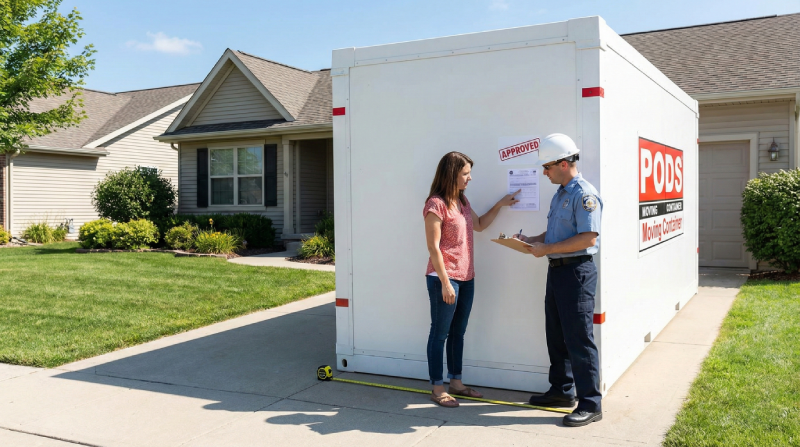
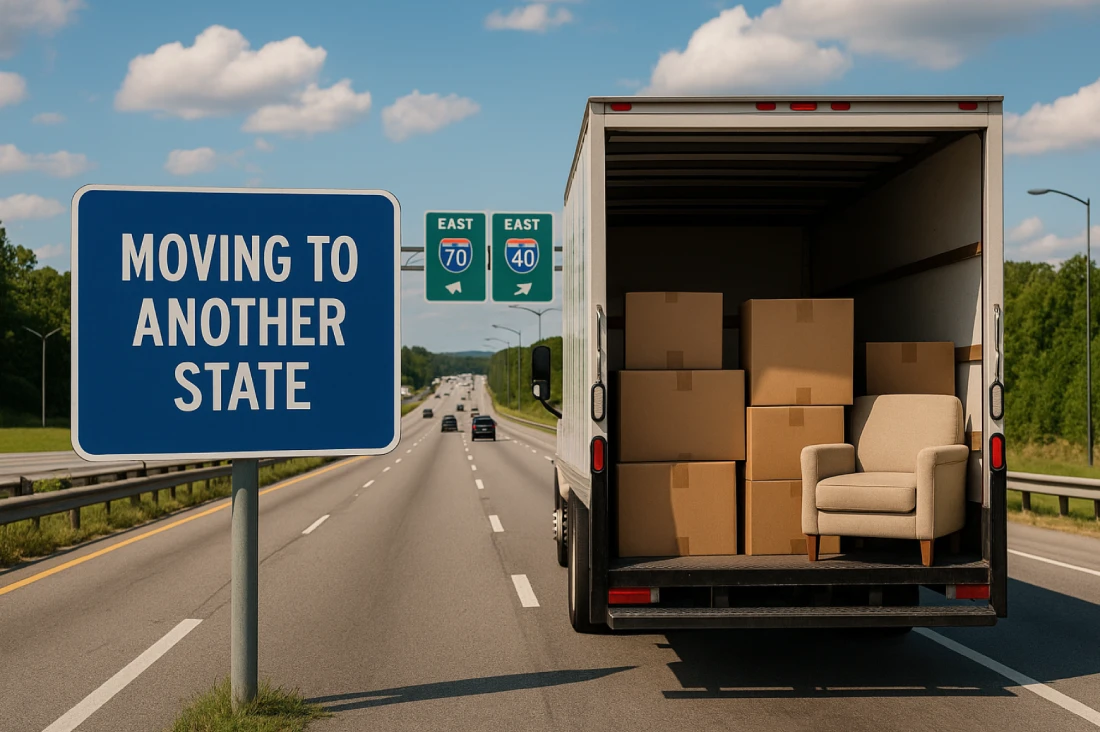






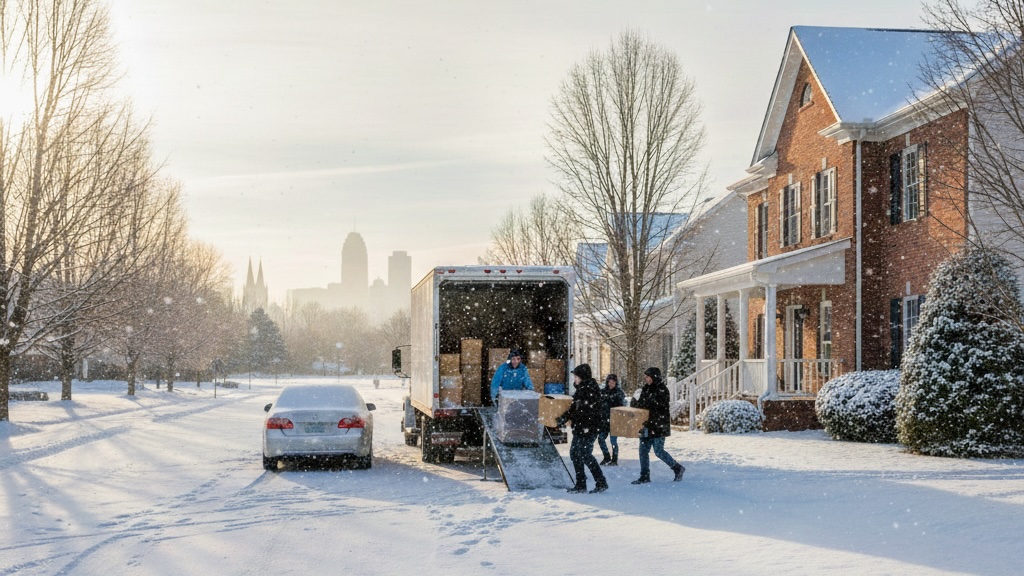

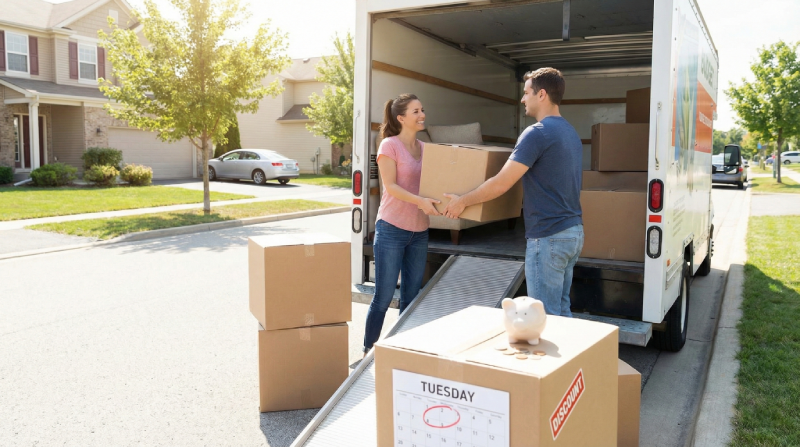





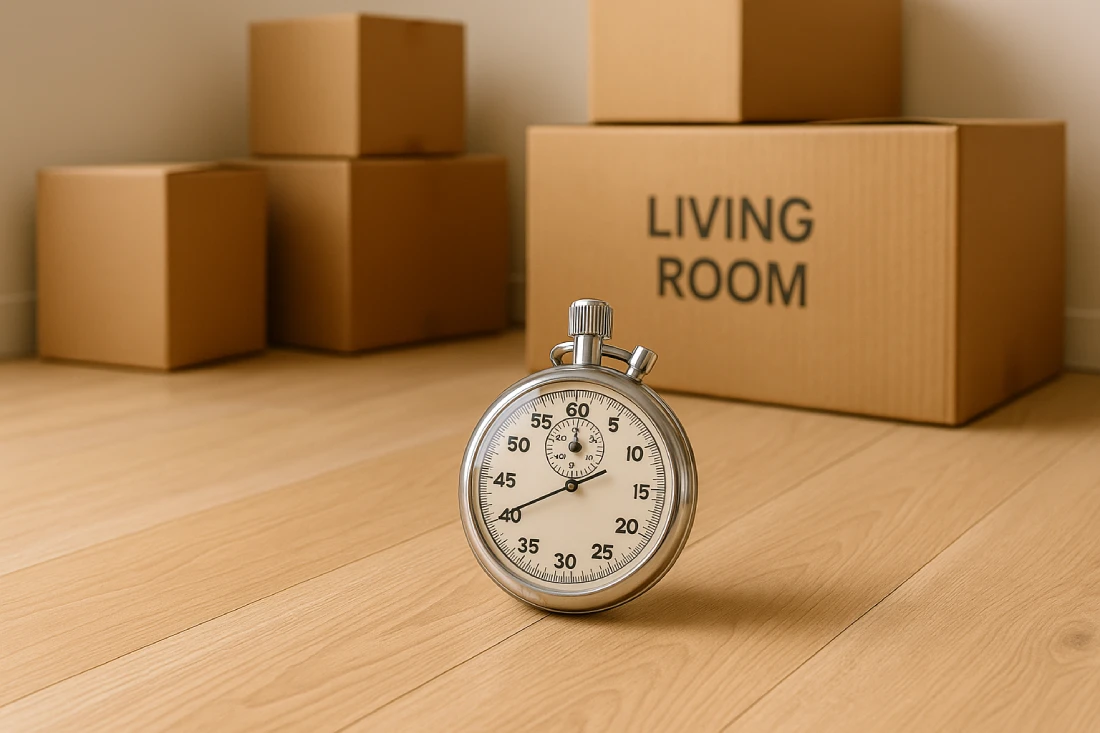
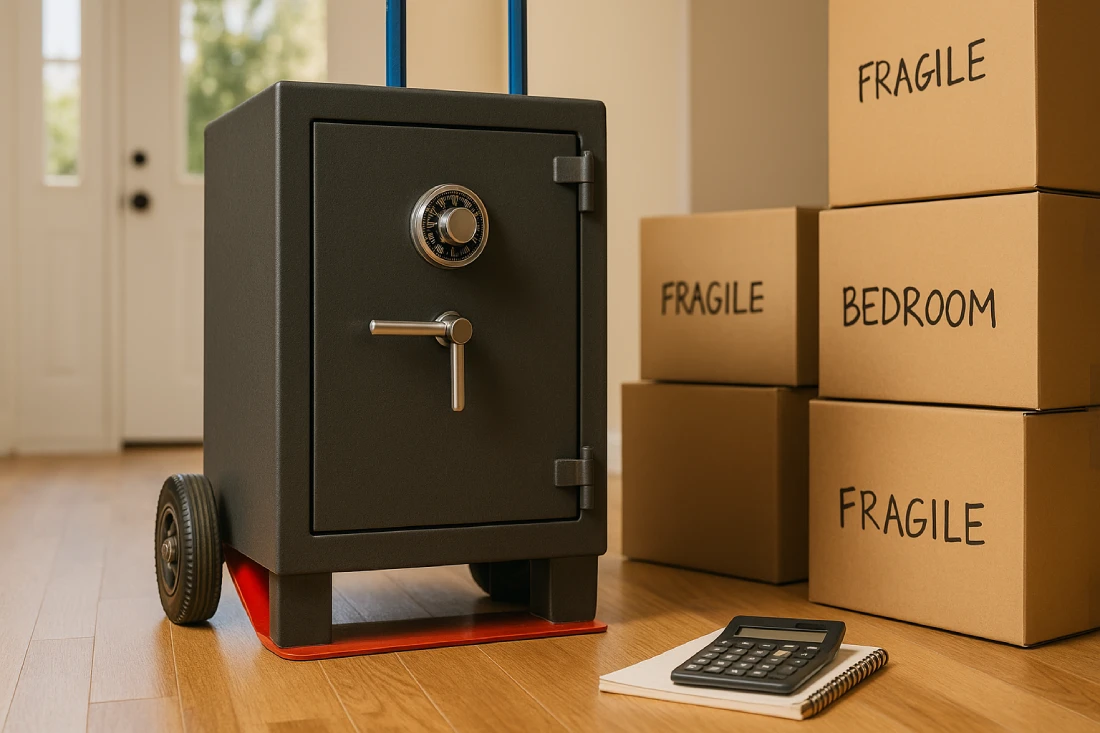

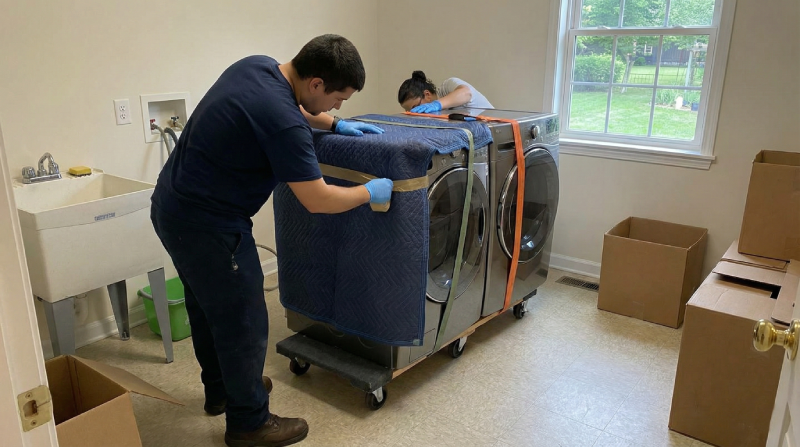


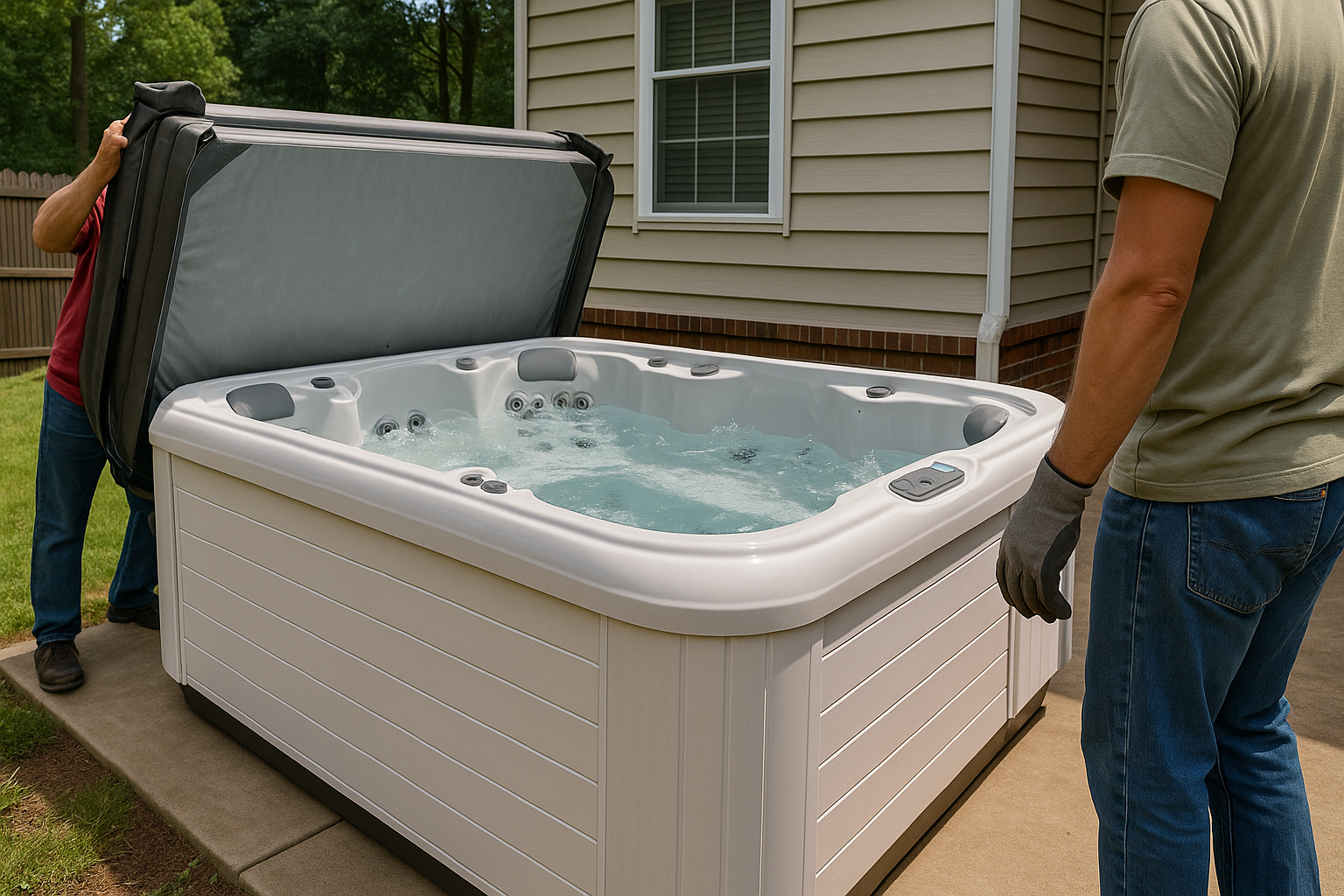


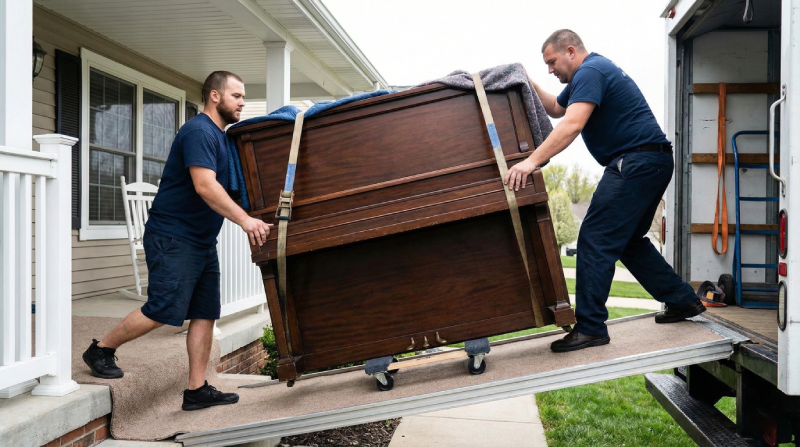
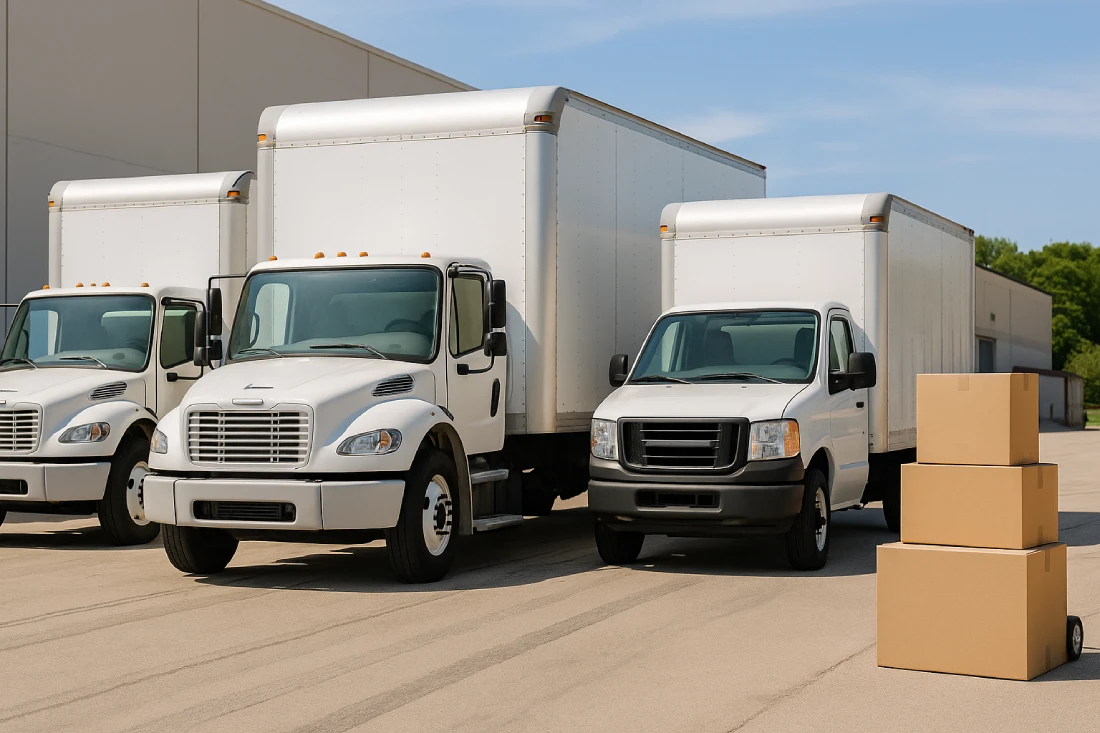






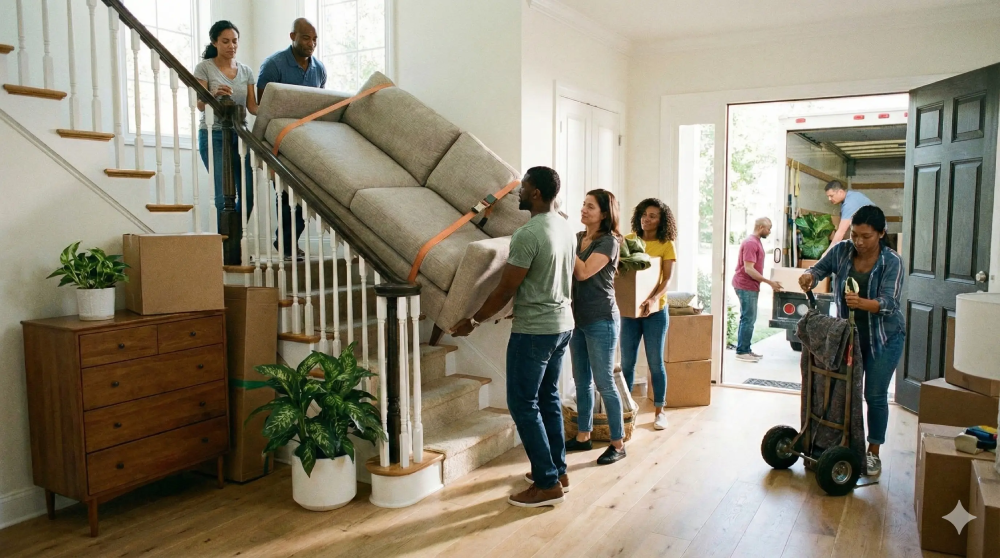






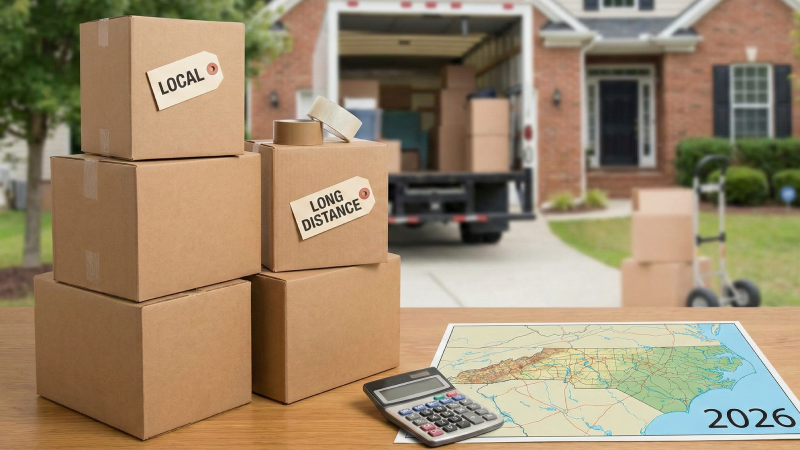

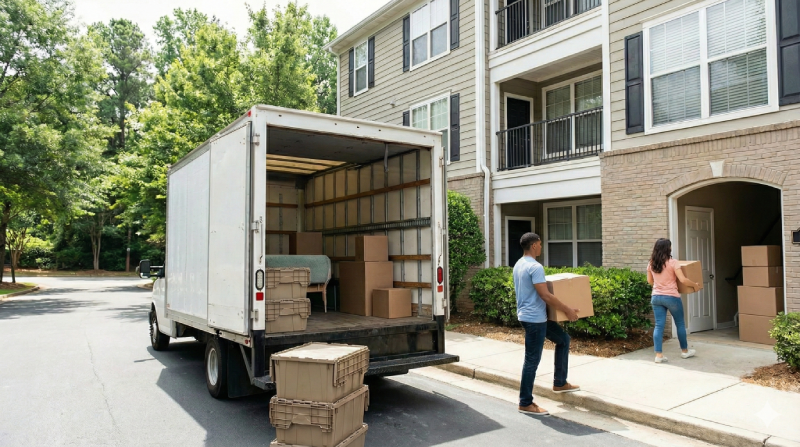



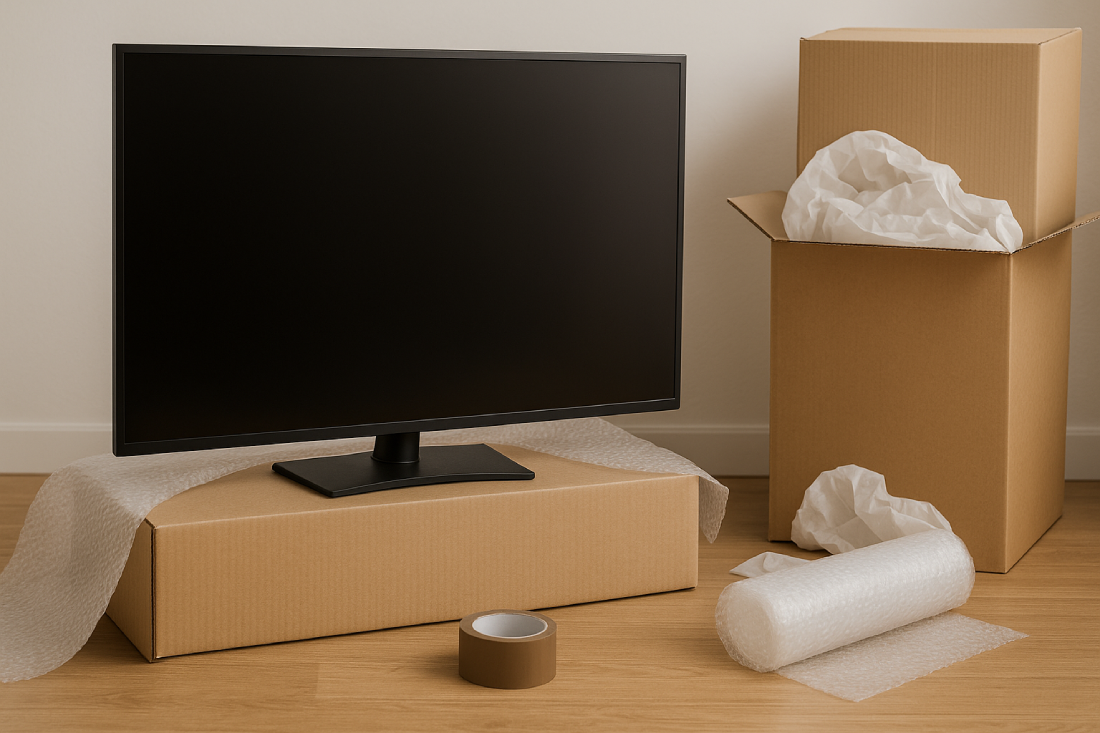

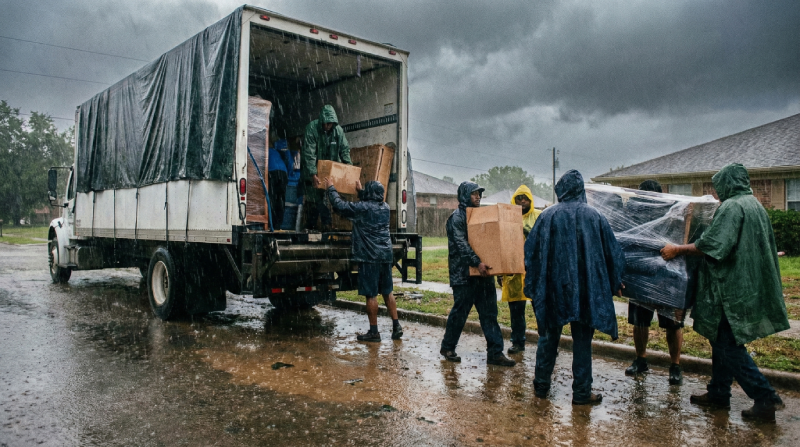
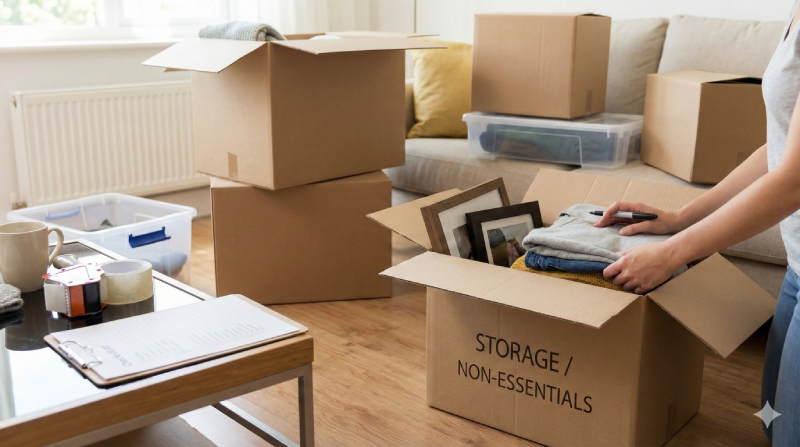
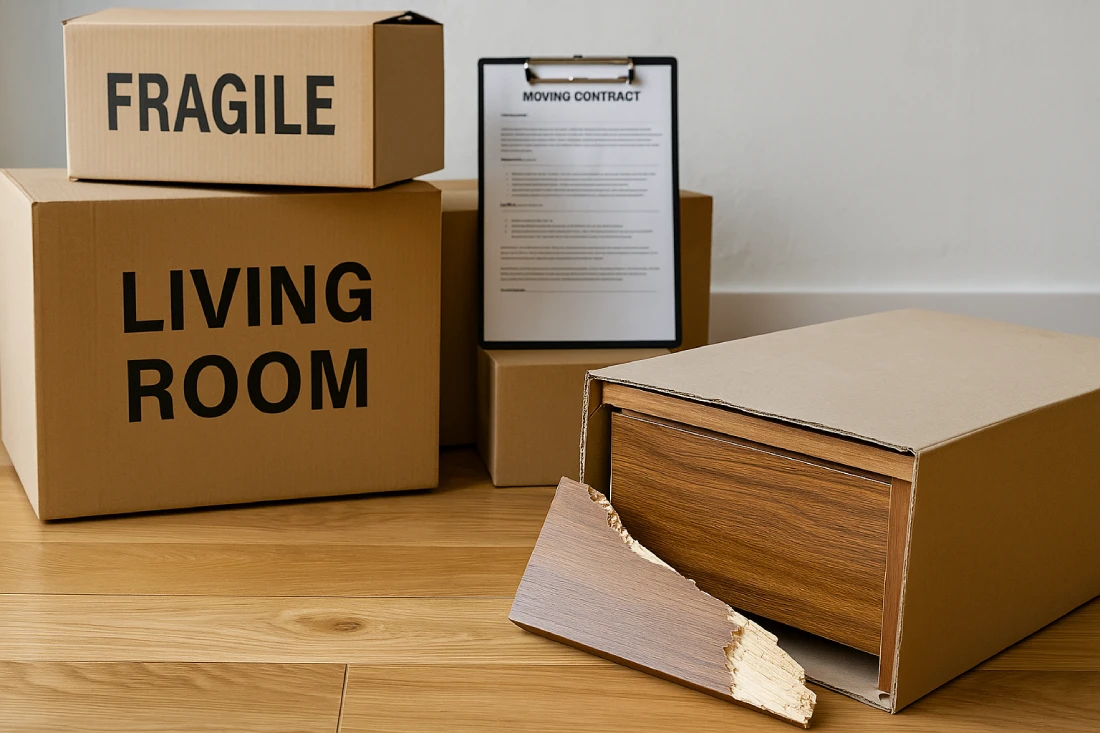










.webp)



